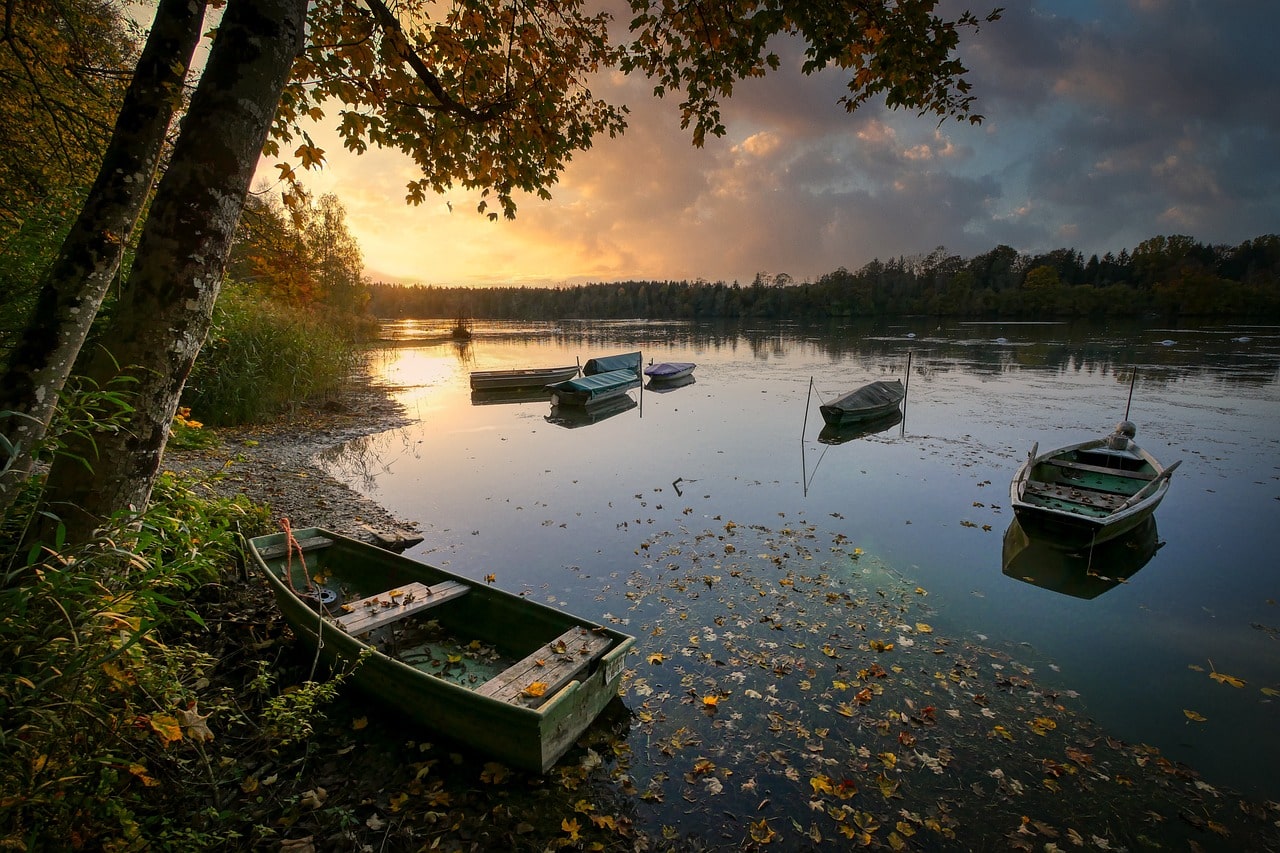Mountain Island Lake, a unique and picturesque body of water northwest of Charlotte, North Carolina, was created in 1924 alongside the construction of the Mountain Island Hydroelectric Station. Its name is derived from the mountain that appears as an island within the lake, a feature that sets it apart. The lake’s shape follows the meander of the Catawba River, dammed near the Mount Holly Wastewater Plant. With a full pond elevation of approximately 647.5 feet, the lake spans around 3,281 acres and boasts 61 miles of shoreline, making it a distinctive and significant part of the region’s landscape.
Mountain Island Lake, fed by the Catawba River, is the smallest of the three artificial lakes bordering Mecklenburg County, North Carolina, the other two being Lake Norman and Lake Wylie. Managed by Duke Energy, its primary function is to provide drinking water for over a million residents of Charlotte, surrounding Mecklenburg County, Mount Holly, and Gastonia in Gaston County. This vital role in the community underscores its significance. The lake also offers fishing and boating as recreational opportunities. In collaboration with the North Carolina Wildlife Resources Commission, the public can visit three boating access locations and a tailrace fishing platform.
Mountain Island Hydro Station, located in Gaston County, is a four-unit generating facility with a capacity of 60 megawatts. It was constructed in 1923 to supply the Carolinas’ expanding need for power. The lake also supported the now-decommissioned Riverbend Steam Station, a coal-fired facility that operated until its decommissioning in 2013 and demolition in 2018. Efforts to remediate the coal ash ponds from Riverbend Steam Station are ongoing, addressing pollution concerns raised by the North Carolina Department of Environment and Natural Resources.
Mountain Island Lake is also known for its natural beauty and local attractions. Inside the lake is Mountain Island, a notable landmark. Nearby, visitors can explore the historic Rural Hill Farm, the Historic Latta Plantation, and the Carolina Raptor Center. The Carolina Raptor Center focuses on environmental stewardship and the conservation of birds of prey, offering educational opportunities and a nature trail featuring over 23 species of raptors. The Historic Latta Plantation, built in 1800, is now a museum showcasing the history of the area and its significance in the 19th century.

